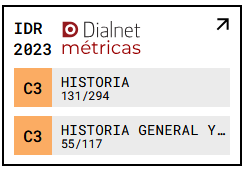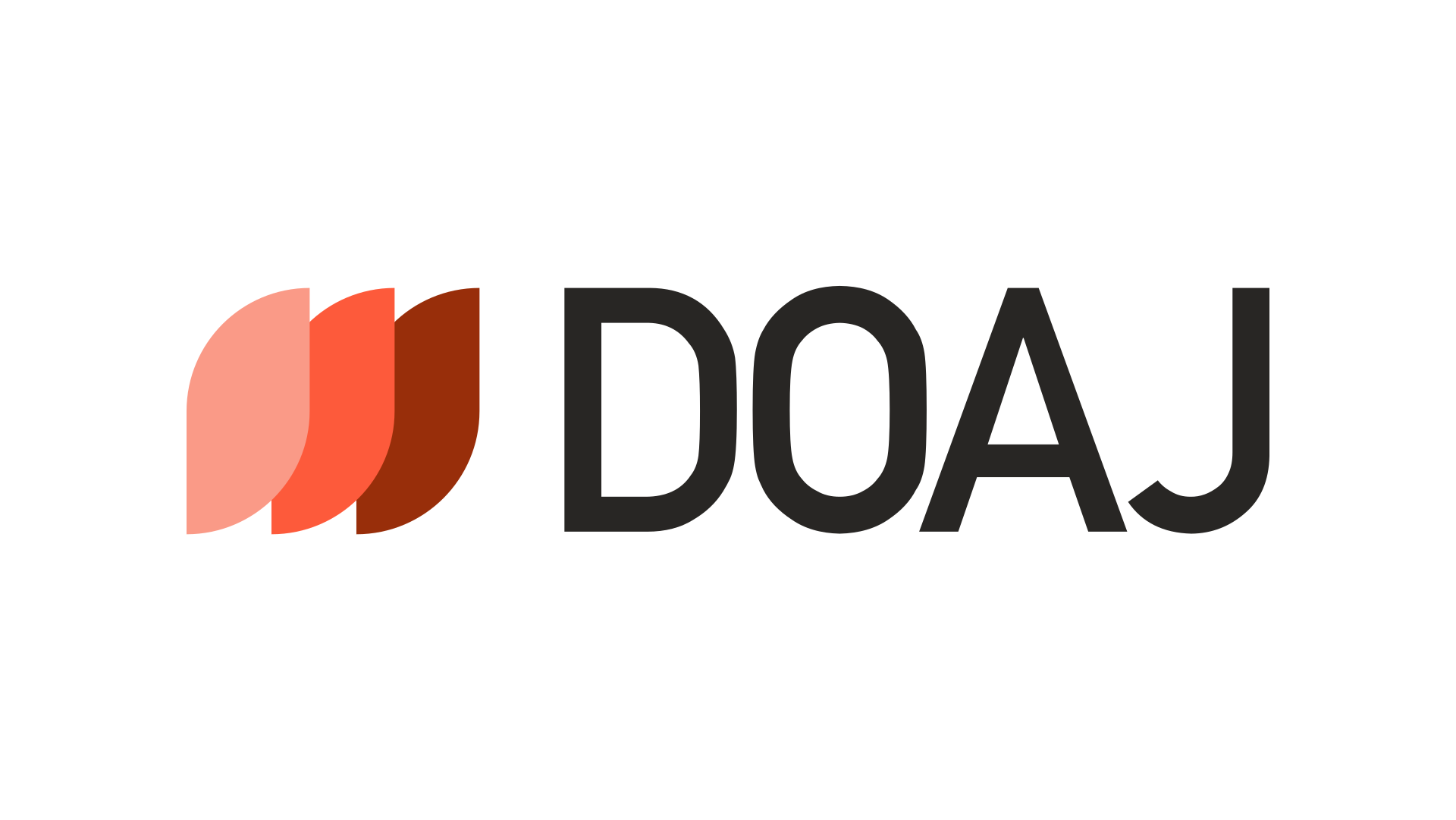Stanley cavell and the “new music” debate: reasons and misconceptions of the disagreement
DOI:
https://doi.org/10.18172/brocar.1572Keywords:
Avant-garde classical music, serialism, aleatory music, modernism, authenticity, fraudulence,Abstract
We will examine the objections addressed by philosopher Stanley Cavell (nowadays better known as a Film theorist) in some of his early writings to the musical avant-garde of the 1960’s. We will contextualize these objections on the background of Cavell’s theories about Modernism, the act of artistic creation, and the media of art; a corollary of these theories is Cavell’s peculiar “dramatic” theory of music. Cavell admittedly espouses a “modernist” stance towards recent art, whose source of inspiration is noted High-Modernism theorist Clement Greenberg - although we shall show some important points in which Cavell disagrees with Greenberg’s “formalist” position. Thus, we will point out to Cavell’s “ethicist” approach, since he stresses the relevance of moral and ethical issues to the judgement on artistic issues and practices; although this does not necessarily imply giving up the notion of artistic autonomy. Finally, we will assess the present relevance of Cavell’s ideas on music.Downloads
Download data is not yet available.
Downloads
Published
2012-06-21
How to Cite
Díaz Soto, D. (2012). Stanley cavell and the “new music” debate: reasons and misconceptions of the disagreement. Brocar. Cuadernos De Investigación Histórica, (36), 285–311. https://doi.org/10.18172/brocar.1572
Issue
Section
Articles
License
The authors retain copyright of articles and authorize CIF the first publication. They are free to share and redistribute the article without obtaining permission from the publisher as long as they give appropriate credit to the editor and the journal.
Self-archiving is allowed too. In fact, it is recommendable to deposit a PDF version of the paper in academic and/or institutional repositories.
It is recommended to include the DOI number.
This journal is licensed under a Creative Commons Attribution 4.0 International License











